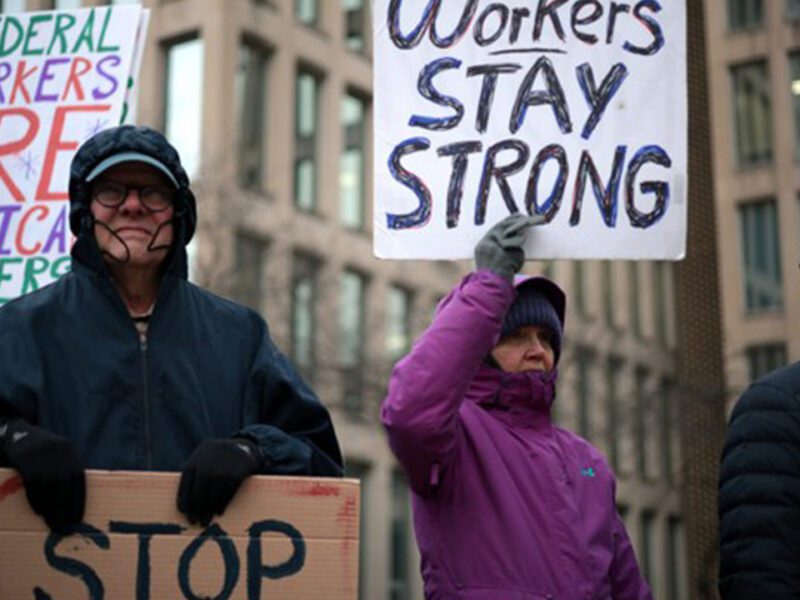School in a movie theater? Under a new Florida law, private schools can build it
Under a new education law that took effect July 1 in Florida, private, charter and micro-schools can now turn houses of worship and other public spaces into schools.
Private schools can lease or buy a library, community service organization, museum, performing arts venue, theater, cinema, or church for use as a school.
Darleen Opfer is Vice President and Director of the RAND Corporation’s Education and Labor Department.
She said this policy supports Florida’s universal voucher program, making it easier for more private, charter, and micro-schools to be built, but she says it won’t be cheap.
“These kinds of schools have a per-pupil expenditure, that they’re given, the voucher, if you will, and they’re going to have to use a good portion of that voucher to pay to use these facilities, which means they’re going to have less money available for instruction,” Opfer said.
She also said these spaces aren’t necessarily conducive to instruction either. Opfer knows first-hand. She used to be a special ed teacher whose school rented out a church.
“So we were trying to meet in, like where they would meet for Sunday school. But the rooms tend to be small, they’re not really laid out for instruction. One of the biggest problems, though, is we couldn’t leave anything behind,” Opfer said. “So every Monday, we’d have to rearrange all the desks, and we’d have to put stuff up on bulletin boards, and then every Friday, we’d have to take it all down and rearrange it back for the church.”
Stetson education professor Rajni Shankar-Brown said she’s worried about the impact this new law will have on students and communities of color.
She said public schools in these communities are already being defunded, and in some cases closed. Now she worries they’ll be inched out by more private and charter schools competing for the same space.
“There are serious implications that must be considered including local zoning regulations and community planning efforts, having micro-schools that undermine our public education system can significantly impact traffic patterns, parking availability, a neighborhood’s character, and value systems. And allowing schools, in diverse locations, that may not be equipped to handle the influx of students, can put a strain on local infrastructure, disrupt community cohesion, and ultimately, it may add to already devastating equity issues we have in Florida, including poverty and homelessness,” Shankar-Brown said.
Shankar-Brown said she’s also frustrated that these spaces, especially vacated ones, are being used to build more schools when they could be used to build more affordable housing.
“We have such dire need, especially in our state, to repurpose spaces, particularly existing spaces that may be unused or underutilized, such as an old movie theater, and turn it into low-income housing. So more students enrolled in our public schools can have safe shelter and housing stability. Housing significantly impacts educational outcomes and wellbeing for students and families, and actively helps to create healthier and more inclusive communities. These spaces could be repurposed in ways for the public good,” Shankar-Brown said.






